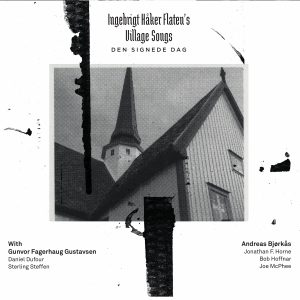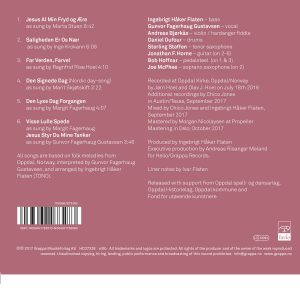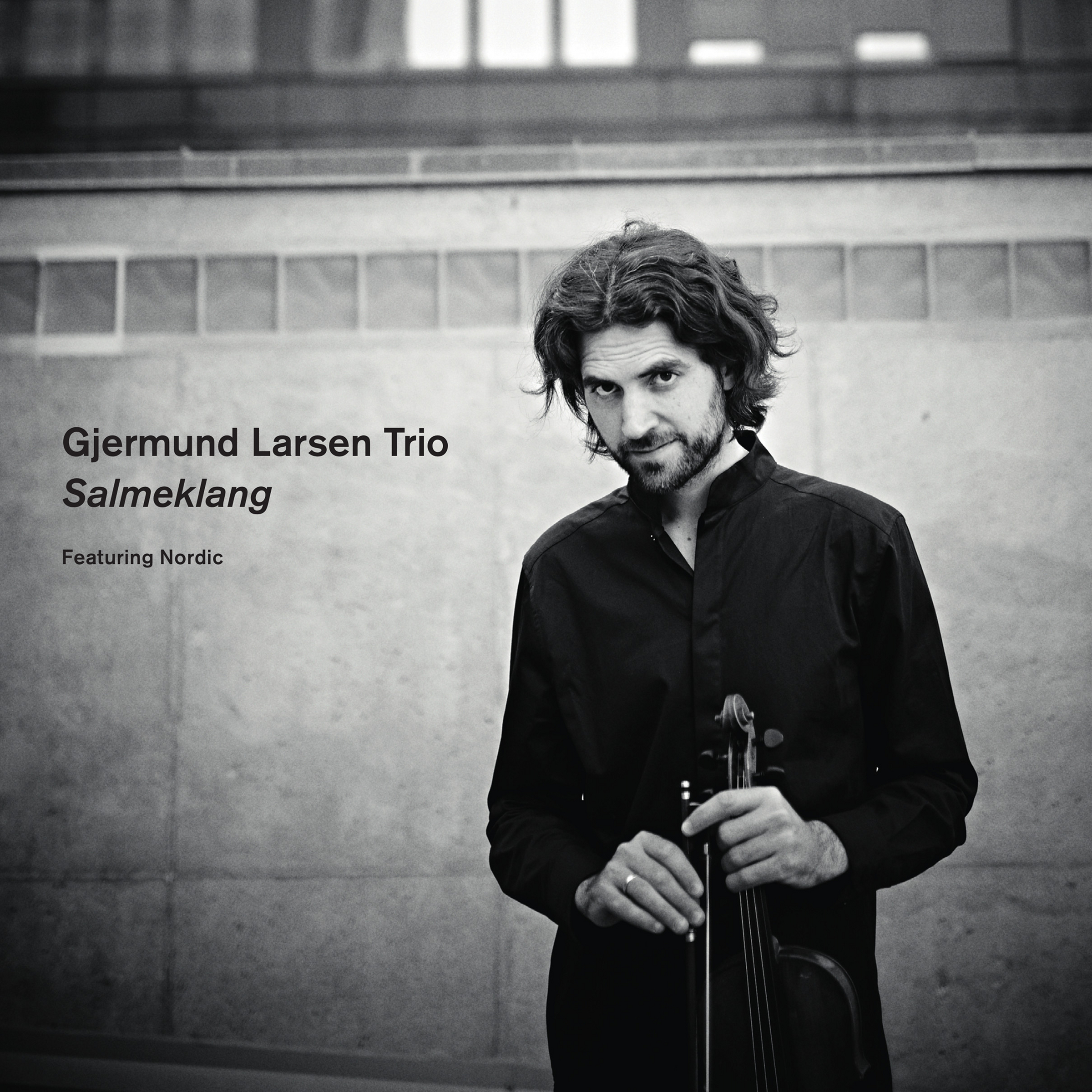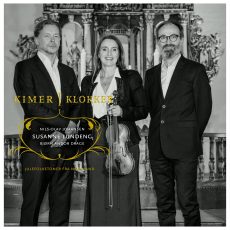Ingebrigt grew up in a milieu clearly influenced by Pietist Christianity. The album Elise, which was released in 2008, was a musical acknowledgement to this heritage, and to his grandmother, Elise, who was a tradition bearer. On Den signede dag (“The Blessed Day”), he takes an even bolder step in that the texts are brought completely to the foreground. They sound the way Gunvor Fagerhaug learned them from her teachers. The texts have lived among the people since they were written by Kingo, Brorson, and other hymnodists from the Lutheran Orthodoxy and the time of Pietism. The texts were set to folk melodies, and different versions could be found from district to district. And then centuries have passed…
Pietism
Pietism, like many other pietistic movements, has a tendency to isolate itself from “the others”, whose ways of life and beliefs are different. Their personal sincerity and criticism of all forms of vanity have given Pietists an unfair reputation as being judgemental and moralistic. Ingebrigt elevates the texts to the level of a surprising and challenging encounter for those of us who do not have Pietism’s hymn texts under our skin. It is an encounter that inspires wonder, but also has a strange relevance for today’s deep and fundamental questions: anxiety about the actions of world leaders, about what the natural disasters caused by the environmental crisis might lead to, about how we will manage to take in all of those who must flee from inhuman circumstances… “Lord, protect the child from all danger…”
Hope and strength
Life in an impossible and frightening world gives meaning to the hope for heaven. It may appear to be an escape and a withdrawal, but it also brings hope and strength to a patient life spent fighting injustice and evil – or “sin”, as the hymns refer to it. Heaven is a vision of the opposite of a hopeless world. Having faith in “The Blessed Day” creates the strength to believe in goodness and love in the midst of everything which pulls in the opposite direction. Grandmother Elise and Gunvor’s foremothers didn’t give up. They were strong, good people who never stopped doing the best they could for their family and neighbourhood. The hymns gave comfort and courage to them and to those who sang with them.
Crossing traditional borderlines
A dialogue plays out between Gunvor Fagerhaug’s singing and Andreas Bjørkås’s fiddle playing on the one side – and Ingebrigt Håker Flaten’s bass and the impressive lineup of Austin-based musicians from both hip-hop, free jazz, and electronica on the other. The result reflects Ingebrigt’s vision of the music as groundbreaking and life-giving across traditional borders. In this way, Den signede dag is in itself a statement about coming together and creating meaning by listening to one another in a dialogue which, at first, may seem impossible.
















